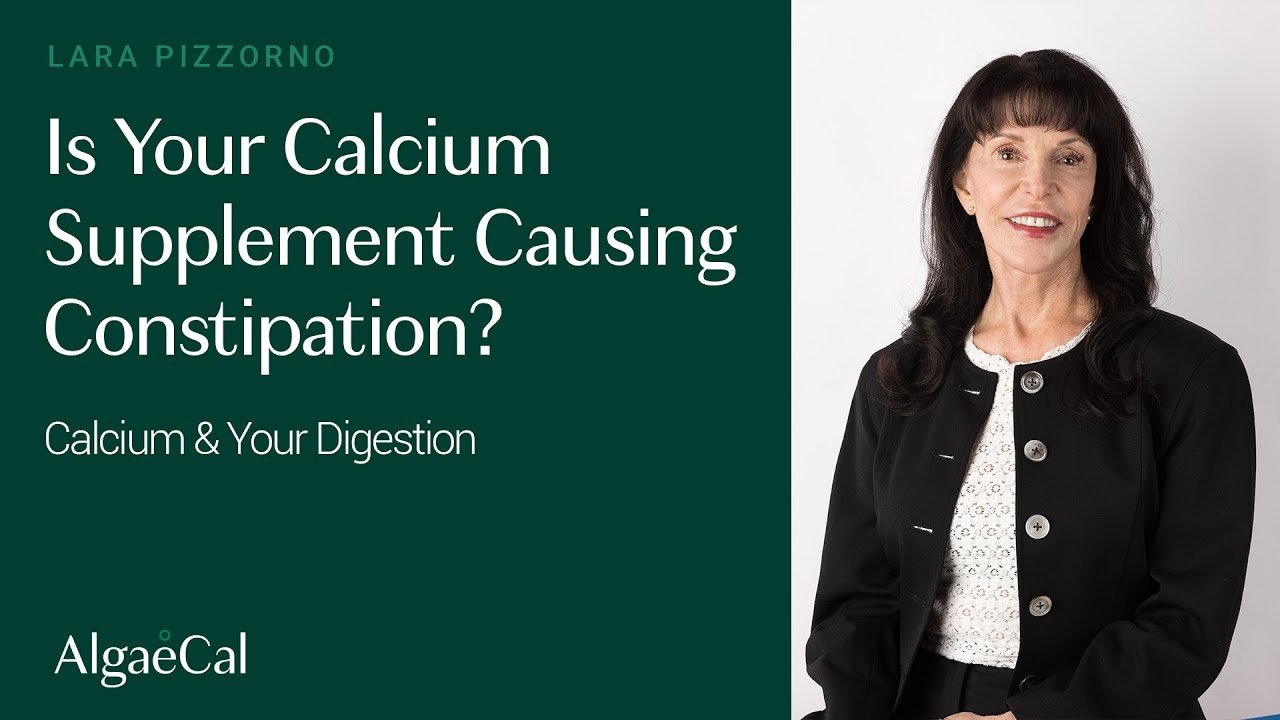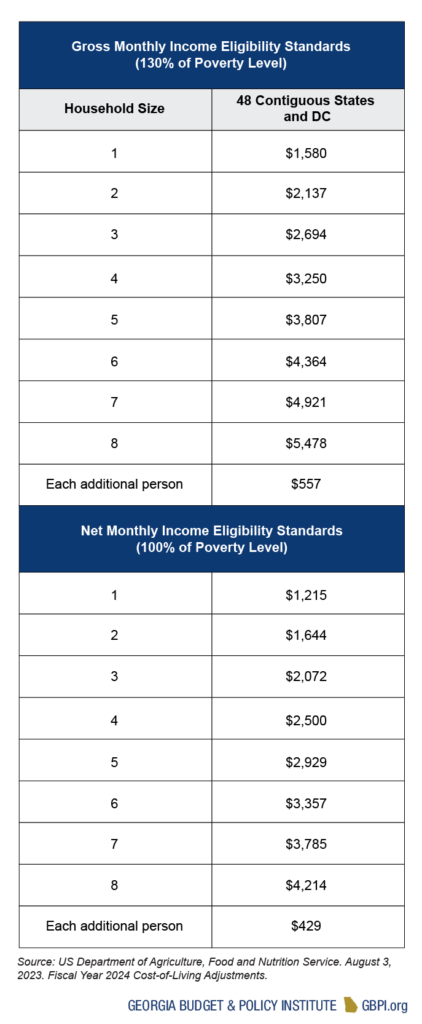Calcium supplements can cause constipation in some individuals. This side effect varies depending on the type of calcium and individual digestive responses.
Understanding the link between calcium supplements and digestive health is crucial. Calcium is essential for bone health and plays a pivotal role in various bodily functions. Many turn to supplements to meet their calcium needs, especially when dietary intake falls short.
It’s important to recognize that while supplements offer benefits, they can also lead to gastrointestinal issues such as constipation. This is often due to the fact that calcium can bind with other substances in the gut, slowing down bowel movements. Selecting the right type of calcium supplement and considering factors such as dosage and individual tolerance can help minimize the risk of constipation. Maintaining adequate hydration and a diet rich in fiber while taking calcium supplements is also recommended to support digestive health.
Calcium Supplements And Digestive Health
Exploring the impact of calcium supplements on digestive health is crucial for maintaining overall wellness. Many use these supplements for stronger bones. Yet, it’s important to understand their effects on our gut health too.
Link Between Calcium And Constipation
Calcium plays a key role in muscle function and nerve transmission. It can affect how the bowels move. A high intake of calcium from supplements might lead to constipation. This happens because calcium reduces water in the stool, making it harder and slower to pass.
How Supplements Affect The Gut
Supplements can change the gut environment. Here’s how:
- Alteration of gut motility: Excess calcium can slow down bowel movements.
- Interaction with other minerals: It can compete with magnesium, which is crucial for bowel regularity.
Understanding these dynamics can help in managing digestive health better while using calcium supplements.

Credit: www.healthline.com
Demystifying Common Myths
Many people worry about calcium supplements causing constipation. Let’s explore and clarify some common myths around this topic.
Myth Vs. Reality: The Constipation Connection
Some believe calcium supplements always lead to constipation. This isn’t true for everyone. Individual responses vary. Certain types of calcium, like calcium carbonate, may be more likely to cause digestive issues. Alternatives like calcium citrate are often better tolerated.
Busting Misconceptions About Calcium
It’s important to know the facts. Not all calcium supplements are created equal. Diet, hydration, and exercise also play key roles in maintaining digestive health. Combining calcium with adequate magnesium can help balance its effects.
Consider these points:
- Dose matters: Higher doses may increase the risk.
- Type is key: Calcium citrate is less likely to cause constipation than calcium carbonate.
- Lifestyle factors: A balanced diet and regular exercise can mitigate constipation risks.
Speak with a healthcare provider before starting any supplement. They can recommend a type and dose that’s right for you.
The Science Behind Calcium Absorption
Understanding the journey calcium takes within the body reveals why some might experience constipation when taking supplements. Let’s break down the science behind calcium absorption.
Calcium’s Role In The Body
Calcium is vital for healthy bones and teeth. It also supports muscle function and nerve signaling. The body stores more than 99% of its calcium in bones and teeth to maintain their structure.
Factors Influencing Calcium Uptake
Different elements affect how the body absorbs and uses calcium. A few key players include:
- Vitamin D: Essential for calcium absorption. Without enough Vitamin D, calcium uptake is poor.
- Age: Younger individuals absorb calcium better than older adults.
- Amount Consumed: The body absorbs smaller amounts of calcium more efficiently than larger doses.
- Other Nutrients: Excess consumption of certain nutrients can hinder calcium absorption.
Knowing these factors helps in choosing the right calcium supplement and avoiding side effects like constipation.
Impact Of High Calcium Intake
Many reach for calcium supplements to maintain strong bones and prevent osteoporosis. It’s essential to understand the balance. Excessive calcium can lead to unwanted side effects. Let’s explore the symptoms and long-term effects of too much calcium intake.
Symptoms Of Excessive Calcium
Constipation stands out as a primary symptom of high calcium intake. The body struggles to absorb excess calcium, slowing down the digestive process. Users often report this uncomfortable condition. Other signs of too much calcium include:
- Stomach pain and bloating
- Nausea or vomiting
- Excessive thirst and urination
It’s crucial to monitor these symptoms. They signal the need to adjust calcium intake.
Long-term Health Implications
Ignoring high calcium intake can lead to serious health issues. Over time, the body may experience:
- Calcium buildup in the bloodstream (hypercalcemia)
- Decreased absorption of other minerals, like iron and zinc
- Increased risk of kidney stones
Heart and bone health can also suffer. Too much calcium can weaken bones and increase heart attack risk. Balancing calcium intake with other nutrients and hydration is key.
Always consult a healthcare provider before starting supplements. They can guide safe and effective use.
Dietary Sources Vs. Supplements
Understanding the difference between dietary calcium and supplements is key. Your body needs calcium for strong bones. But how you get this mineral matters.
Benefits Of Getting Calcium From Food
Nature packs calcium into various foods. Foods rich in calcium also offer other nutrients. These work together for better health.
- Dairy products: They have calcium plus vitamin D.
- Leafy greens: Think kale and broccoli, full of vitamins and minerals.
- Fish with bones: Like sardines, these are calcium-rich.
Eating these foods helps your body absorb calcium better. It can prevent constipation often linked with supplements.
When To Consider Supplements
Sometimes food isn’t enough. You might need more calcium than you can eat. This is where supplements can help.
- Age factor: Older adults may need more calcium.
- Diet restrictions: Vegans or lactose intolerant people might fall short.
- Health conditions: Some diseases make it hard to get enough from food.
Choose supplements carefully. Always aim for the right balance to avoid constipation.

Credit: www.youtube.com
Preventing Constipation From Supplements
Preventing Constipation from Supplements can be a delicate balance. While calcium is vital for bone health, some individuals experience constipation as a side effect of taking calcium supplements. Understanding how to prevent this uncomfortable condition is key to maintaining both digestive health and adequate calcium intake.
Effective Dosing Strategies
It’s important to find the right calcium dosage for your body. Start with a low dose and increase gradually. Your body adapts better this way.
Split your daily intake into smaller amounts. Take one portion in the morning and another in the evening. This can ease your digestive system.
Always consult a healthcare provider to determine the best dose for you. They can help you avoid taking too much, which may lead to constipation.
Combining Supplements With Fiber
Fiber helps your digestive system work smoothly. Include fiber-rich foods in your diet when taking calcium supplements.
- Fruits like apples and berries are great choices.
- Vegetables, especially leafy greens, add necessary fiber.
- Whole grains such as brown rice and oatmeal are also beneficial.
Consider a fiber supplement if you can’t get enough fiber from food. It can complement your calcium intake.
Drink plenty of water throughout the day. It helps fiber work better and can prevent constipation.
Alternatives To Traditional Calcium Supplements
Many people seek alternatives to traditional calcium supplements to avoid side effects like constipation. Let’s explore some innovative options and natural remedies for maintaining healthy calcium levels without the discomfort.
Innovative Forms Of Calcium
Chewables, liquids, and gummies offer alternatives to hard-to-swallow pills. These forms may be easier on the digestive system. Calcium-fortified foods like orange juice and cereals can also boost intake without traditional supplements.
- Calcium Citrate: Known for better absorption and less impact on the bowels.
- Calcium Chelates: These are bound to amino acids for improved digestion.
Natural Remedies And Their Efficacy
Whole foods can be great natural sources of calcium. Leafy greens, nuts, and seeds pack calcium into your diet. Dairy products are well-known calcium-rich foods. Plant-based milks like almond or soy often come fortified with calcium too.
| Food | Calcium Content |
|---|---|
| Collard Greens (cooked) | 268 mg per cup |
| Almonds | 76 mg per ounce |
| Fortified Soy Milk | 300 mg per cup |
Regular exercise and sunlight exposure help the body manage calcium. Vitamin D from the sun aids in calcium absorption. Simple activities like walking or gardening can make a difference.
Consulting Healthcare Professionals
Calcium supplements may lead to constipation, a common concern. Consulting healthcare professionals ensures safe and effective use. They help tailor calcium intake to individual needs, reducing the risk of constipation.
When To Seek Medical Advice
Seek medical advice if constipation occurs after starting calcium supplements. Signs to watch for include:
- Frequent discomfort or bloating
- Changes in stool consistency
- Lack of relief from over-the-counter options
A doctor can pinpoint the cause and suggest alternative options or dosage adjustments.
Personalizing Calcium Intake
Personalized calcium intake depends on several factors. These include:
| Factor | Details |
|---|---|
| Dietary habits | Eating foods high in calcium may reduce supplement needs. |
| Health status | Existing health conditions can affect calcium requirements. |
| Age and gender | Needs vary throughout life stages and differ between genders. |
A healthcare provider helps design a custom plan to meet calcium needs without causing constipation.

Credit: www.patedu.com
Frequently Asked Questions
How Do You Prevent Constipation When Taking Calcium Supplements?
To prevent constipation with calcium supplements, drink plenty of water, increase dietary fiber intake, engage in regular exercise, consider calcium citrate forms, and discuss timing and dosage with a healthcare provider.
What Type Of Calcium Supplement Does Not Cause Constipation?
Calcium citrate is a type of calcium supplement known to cause less constipation. It’s more easily absorbed, especially by those with sensitive digestive systems. This makes it a preferred choice for avoiding constipation.
Can Taking Calcium And Vitamin D Cause Constipation?
Yes, taking calcium and vitamin D supplements can sometimes lead to constipation. To minimize this effect, increase your fiber intake and stay hydrated.
Why Is Calcium No Longer Recommended?
Calcium supplements are no longer widely recommended due to potential risks, such as kidney stones and heart disease, when taken without a deficiency. It’s best to get calcium from dietary sources.
Conclusion
Understanding the balance between calcium intake and digestive health is crucial. While some individuals may experience constipation from supplements, others do not. It’s essential to consult with a healthcare provider to tailor a plan that suits your needs. Remember, a well-rounded diet and proper hydration are key to avoiding digestive discomfort while reaping the benefits of calcium.










